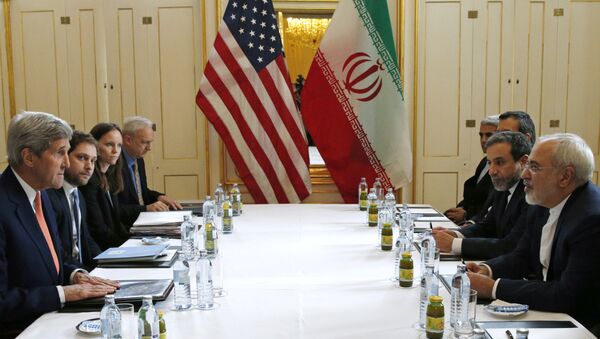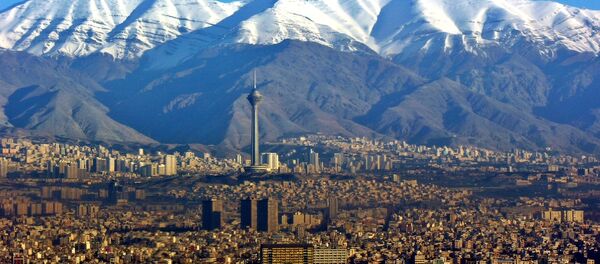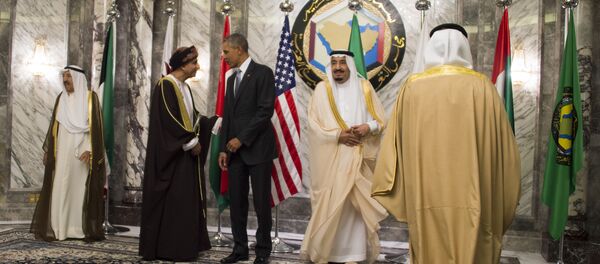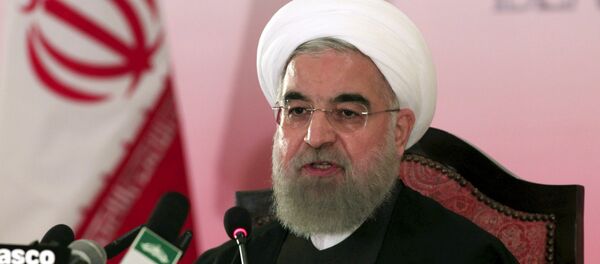In exchange for providing assurances that it was not pursuing nuclear weapons, Iran was guaranteed a gradual end to international sanctions as part of the P5+1 deal.
But Iran has accused the United States of violating the accord by discouraging the international financial community from investing in Tehran.
"To date, all the Western countries are under the US influence. All of our banking operations do not pass without problems," Supreme Leader Ayatollah Ali Khamenei said last month, according to IRINN news agency.
"It is clear that behind all this are [sic] the United States who only declared about the lifting of sanctions, but lifted them on paper only."
Now, European leaders are backing up those claims.
"Europe is being taken hostage by American policy," said EU parliament official Marietje Schaake, according to Arutz Sheva. "We negotiated the nuclear deal together, but now the US is obstructing its execution."
Other officials complained about US threats against attempts to bring Iran out of its isolation, according to AntiWar.com.
"Several major companies across the world are in line for major contracts with Iran to modernize their economy after protracted sanctions," Jason Ditz writes for AntiWar, "but getting those deals done is moving at a snail’s pace, with the US blocking international banks from facilitating money transfers to pay for them, and the US threatening travel bans on European businessmen who go to Iran."
Iranian Minister of Foreign Affairs Mohammad Javad Zarif has stressed that he will continue to push the US to honor its end of the nuclear agreement.
"It’s essential that the other side, especially the United States, fulfill its commitments not on paper but in practice and removes the obstacles especially in the banking sector," he told reporters earlier this month, speaking alongside High Representative of the Union for Foreign Affairs and Security Policy Federica Mogherini.
"It is in the European interest and in the Iranian interest to make sure that banks engage and feel confident to come to Iran and facilitate and support this new economic engagement," Mogherini said.
The JCPOA nuclear deal stipulates that the international community gradually roll back economic and travel sanctions against Tehran in exchange for a reduction in the country’s uranium enrichment facilities. Agreed to by Iran, the US, UK, Russia, China, France, and Germany, the deal provides Tehran with capabilities to pursue nuclear technology for peaceful purposes, while providing assurances should Iran “break out” and pursue a nuclear weapon.





